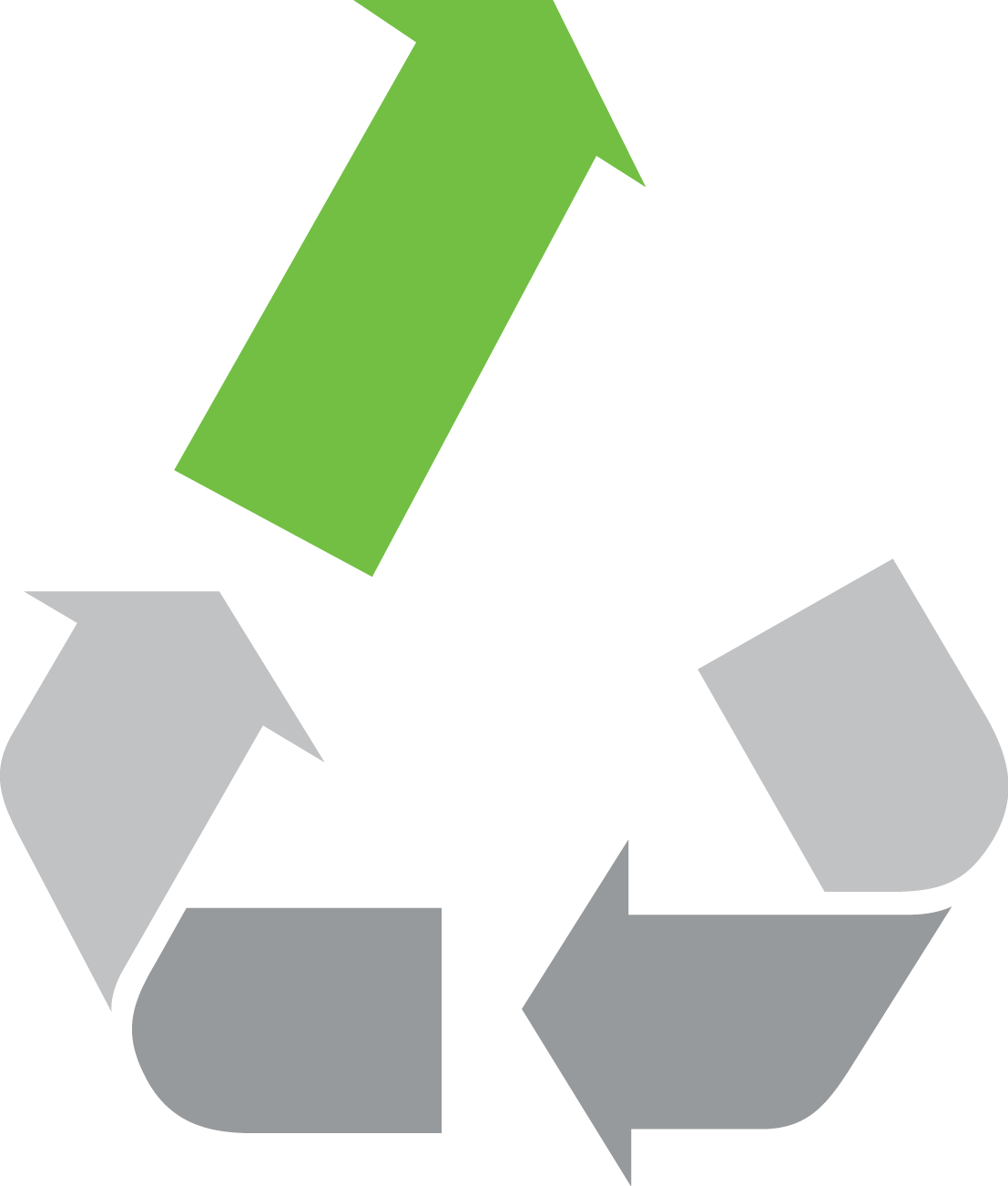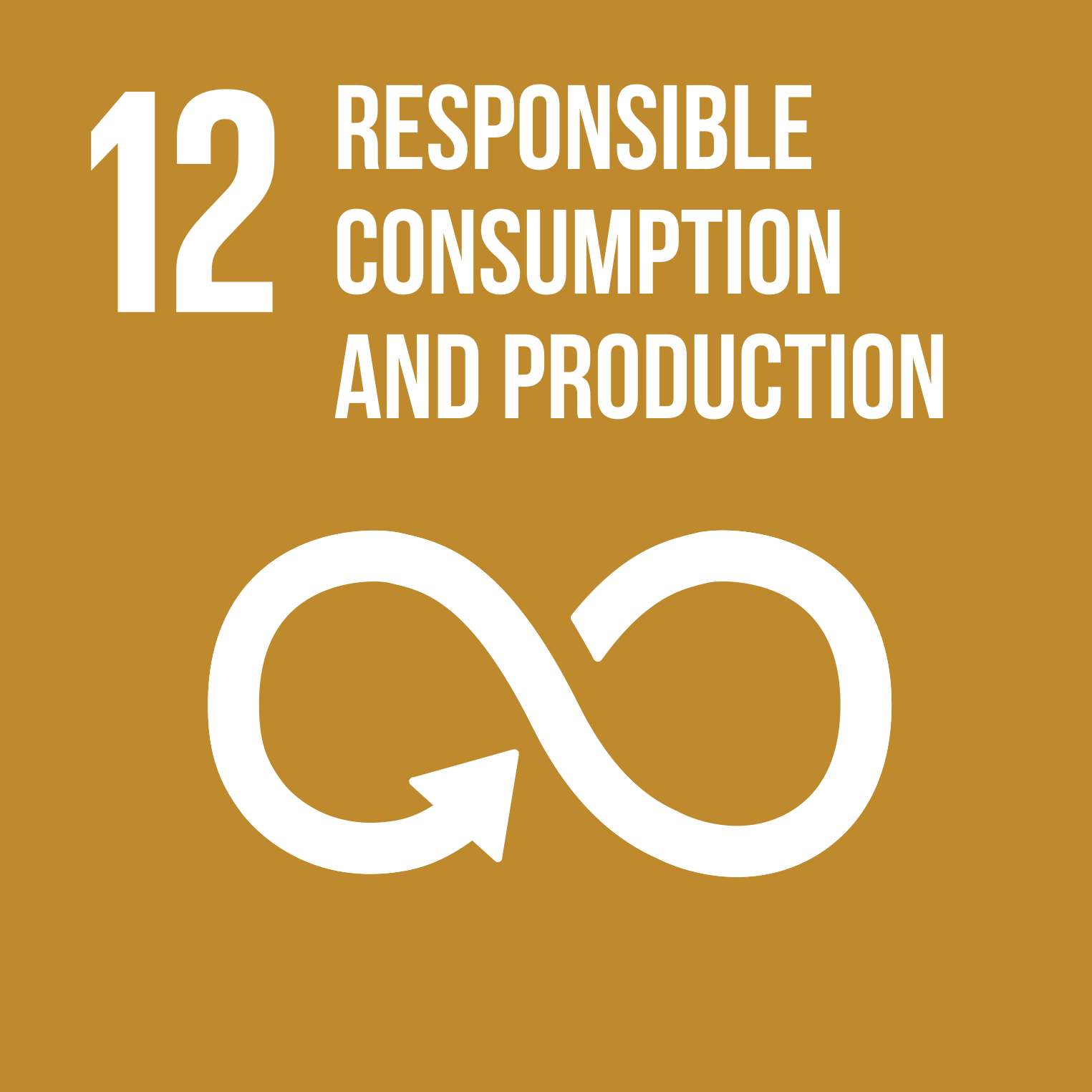Our Story
Personal care re-imaginedWe, Sira and Juan, created Disruptor London in January 2021 after many years of frustration with the beauty industry. At that time, we didn't even have any product to offer, we only knew that we wanted to make personal care that's good for people and planet. We soon learned it wasn't going to be easy, but we're here for the long journey. Since we started and, after more than two years of research and development, we have released a range of products for shampooing, conditioning and shaving that replace many of the unsustainable offerings out there. This is us. This is our story.
Thebeautyindustryhas manyYou can learn a lot as an insider in the beauty industry, both good and bad. After a while, though, it's hard to cope with the relentless excess that's caused by an utter disregard for people and planet. From ingredients of obscure origins to dishonest messaging, from packaging that pollutes our oceans to retail experiences that put profit before people, we're engulfed by very unsustainable habits. Feel free to click or tap on the cards to discover what lies behind the products that are currently available on the high street.
You can learn a lot as an insider in the beauty industry, both good and bad. After a while, though, it's hard to cope with the relentless excess that's caused by an utter disregard for people and planet. From ingredients of obscure origins to dishonest messaging, from packaging that pollutes our oceans to retail experiences that put profit before people, we're engulfed by very unsustainable habits. Feel free to click or tap on the cards to discover what lies behind the products that are currently available on the high street.
Let'sthismesstogether
The secrets of the beauty industry are too serious to carry on ignoring. Disruptor London was born as an attitude and a vision that encompasses all areas of manufacturing, research and commercialisation of personal care products. And yet, at the core, it's all about people and planet. Those are, and always will be, our main stakeholders.
Our ambition is so comprehensive that we have devised five pillars as the foundations for our environmental, social and governance (ESG) commitments:
- Ingredient transparency
- Responsible consumption
- Waterless formulas
- Responsible manufacturing
- Plastic-free packaging
We only use vegan and cruelty-free ingredients. If the ingredient has a biological origin, we make sure that they are organic and certified by Cosmos or Ecocert. We also aim to take as little from planet Earth as possible. And so, some of our ingredients are upcycled from food waste and wood fencing. By the same token, we wholeheartedly refuse to use any raw material that is derived from fossil fuels.
Because the story of a product is also dictated by what's not in them. You won't find any sulphates, parabens or microplastics in what we do.
We want to celebrate the richness and lavishness of nature by telling all of our customers about the plant-based and mineral ingredients we use. When you head to our product pages, or look at our packaging there shouldn't be an inch of a doubt as to what's inside. We call it our “honest list”.
We put the flesh on the bones of phrases that are often vague and open to interpretation, like “clean beauty” or “natural cosmetics”.
We're here to empower customers to buy less so that there will be more. We're told that we need separate products for make-up removal, shaving, scalp, skin, hair, and so on. But who's benefiting from this love affair with overconsumption? It's most certainly not people or the planet.
Our formulas are hybrid concentrates that cater for specific concerns. Our product development is guided by a problem-solution philosophy that pays zero attention to gender stereotypes and marketing gobbledygook. In other words, we don't release product after product to feed the machine. We instead focus on smaller ranges of products that can replace more than one product in your bathroom shelf.
In this area, we're very much inspired by the United Nations sustainable development goal #12. As a maker of personal care products, we take full responsibility in ensuring responsible consumption and production patterns. For us, it's not just about the 'what' (i.e.: the product) but also the 'how'. We want to break away with learned behaviours and routines that are not compatible with societal goals that put people and planet first.
We already talked about the big problem of watered-down products in cosmetics. Our response to the challenge is to only make waterless products. We think that not only is water not needed to make efficacious products, we can improve our offering with concentrated formulas.
By removing water from our products, we are doing away with the reliance on chemicals and preservatives that are required by law in all water-based products. Instead, we add rich, highly-performant ingredients like keratin and plant-based proteins. It's not just that we can't imagine a sustainable future without waterless cosmetics. They present us with an opportunity to do more with less.
For us, waterless is about realising that natural resources are limited. But we also want to give back where we took from. We're members of 1% for the planet, a movement of environmentalists and organisations that commit to dedicate at least 1% of their resources to solve the many problems affecting our planet.
We manufacture all of our products in a studio in West London. We have adopted a Just-In-Time (JIT) model, whereby we don't overproduce and optimise stock holding on demand. Not only that, we are very reactive to consumer demand, and only make products in small batches using the data from orders of the past few weeks. From raw material to finish product and delivery, we aim to reduce complexity in the process. ESG Mark is an independent body that certifies all our processes meet stringent environmental, social, and governance standards.
By operating in this manner, we are significantly reducing our carbon footprint. In large-scale production, one would often make the product in one place and ship it to another for packaging. If that wasn't enough, products would then have to be transported to numerous warehouses and distribution centres until they reach their final destination in a shop or the customer's house.
Our lean methodology saves us from all of that going up and down the globe. We are often told that customers may not be familiar or interested in manufacturing processes. To these people, we say: let customers decide. And for that, we put it all out there for the sake of transparency and accountability.
We are a plastic-free brand. Our cartons, padded envelopes and ecommerce mailers are made of certified FSC paper from responsible sources and 100% compostable. Our storage cases are made of plant-based materials, and our inks are vegan.
Historically, most packaging solutions have included some kind of plastic or are not 100% recyclable. Take the example of the classic dropper bottle used for face oils. Closures and pipettes are made of poly materials (plastic, rubber, and glass) that no recycling plant would dare to touch. Examples like this one are what sent us on a long journey to reimagine how personal care products should be used and consumed. We took part in two programs by CRL, the leading business accelerator for manufacturing in the UK. We have researched form factors, biomaterials, and business models that will determine what products we launch and when.
We look forward to a plastic-free future where we can take care of our bodies without the guilt of impacting future generations, but we can do better still, as there is no future without a past. We have inherited an enormous problem from decades of getting rid of plastic containers that are now floating in the seas across the planet. Even though we're a plastic-free brand, we're still committed to ocean-plastic retrieval via our partnership with CleanHub .
The beauty industry has a lot of catch up to do when it comes to packaging. It's about time we do something about it.
Meet the Founders
Sira
Sira is a seasoned beauty industry professional with expertise in product development and brand scaling. With over 20 years of experience, he has channeled his passion for problem-solving and entrepreneurship into co-founding Disruptor London. As the co-founder, Sira is dedicated to creating innovative and effective beauty products that challenge industry norms, deliver exceptional results, and promote sustainable practices for people and the planet.
Juan
After a rewarding career as a university lecturer in International Business and Languages, I made a 360-degree career turn and became a software engineer nearly ten years ago. During the day, I work on the technology and operational side of Disruptor London. At night, I'm an avid consumer of anything sci-fi related.

